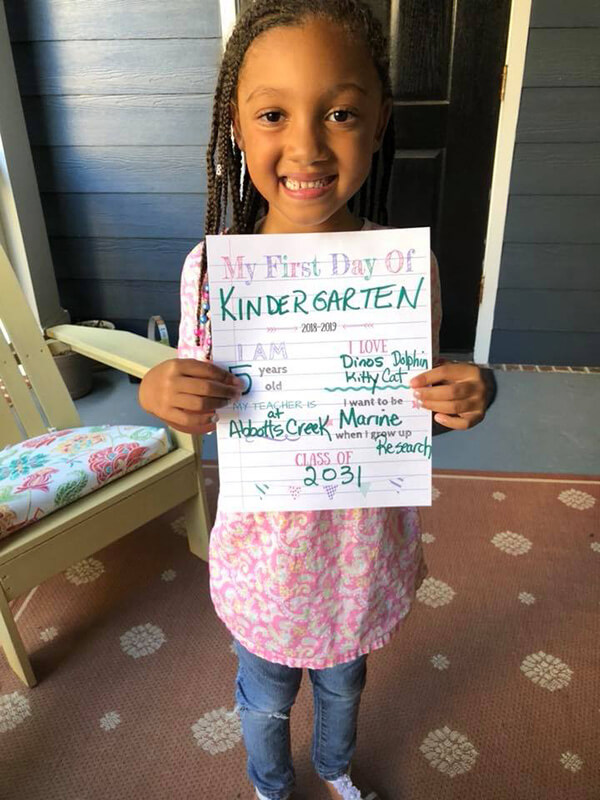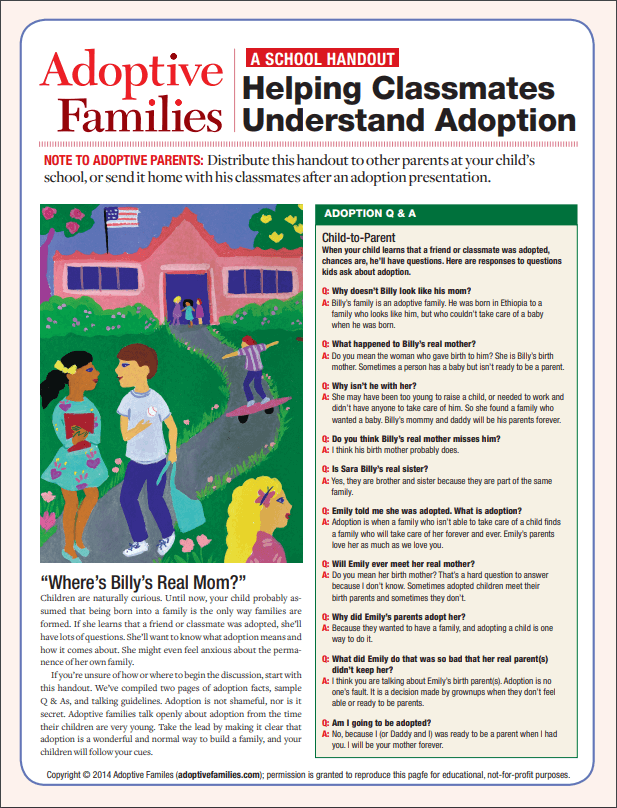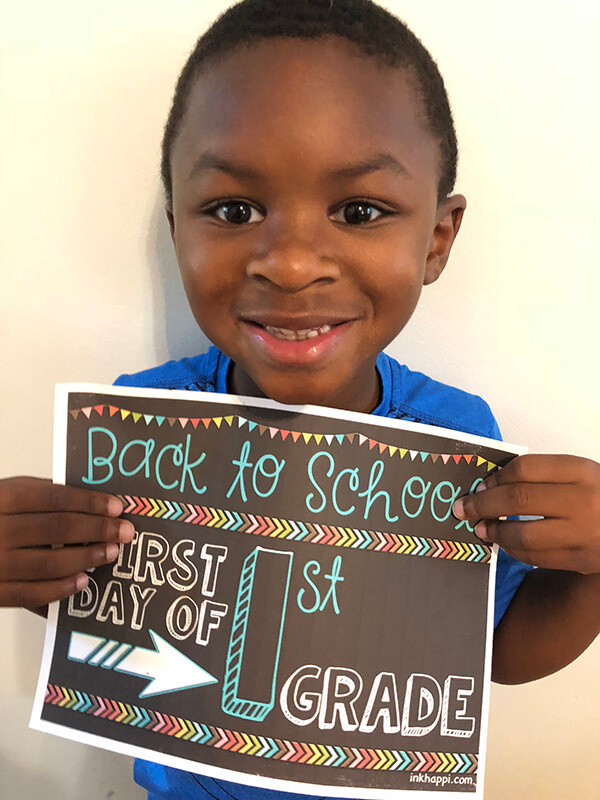Prenatal care is crucial for both expecting mothers and the health of their unborn babies. If financial concerns are looming, rest assured that avenues like Medicaid exist to provide support. Here’s a detailed step-by-step guide to help navigate the process:
- Confirm Your Pregnancy: Seek confirmation from a doctor if you suspect you’re pregnant due to symptoms like missed periods, nausea, or cramping.
- Apply for Pregnancy Medicaid Online: Lack medical insurance? Apply for Medicaid online, specifically for Pregnancy Medicaid, via the Medicaid website. This ensures coverage for pregnancy-related expenses.
- Explore Maternity Clinics: Upon approval for Pregnancy Medicaid, access care at county maternity clinics. These clinics are well-equipped to provide essential prenatal services.
- Consider Private Obstetricians: If you prefer private care, inquire with obstetricians in your area about Medicaid acceptance. Many offer a one-time flat rate for basic prenatal care. Compare rates and services among different practices.
- Check Your Health Insurance Policy: Already have health insurance but lack maternity benefits? Contact your provider to explore options for adding coverage, albeit at an additional fee.
Keep yourself updated about your rights and available resources. Don’t hesitate to seek assistance or clarification from healthcare providers or support services as needed. Many women are interested in options such as learning about adoption and whether it’s a consideration. Know that medical expenses can be covered by adoptive parents under North Carolina law. A Child’s Hope has eight counselors located throughout the state to seek guidance. Remember, regardless of your financial situation, prioritizing prenatal care is paramount for monitoring your health and ensuring the well-being of your unborn child. By using resources like Medicaid and exploring available options, you can access the care you need without undue financial burden. Both your health and your baby’s health are worth investing in.
This guide, provided by A Child’s Hope adoption agency in North Carolina, emphasizes the importance of early detection and proper prenatal care for both maternal and infant health. If you suspect you might be pregnant, don’t hesitate to take a test and seek medical advice, or contact the agency for personalized care and support. TEXT PREGNANT to 919-971-4396, we are happy to talk to you confidentially.
About E. Parker Herring: An attorney and mother of three children, Parker has a deep respect and understanding of family law and the adoption process (for which she’s adopted two children of her own). She is the founder and director of A Child’s Hope, a North Carolina licensed adoption agency located in Raleigh that focuses on matching birth mothers and families looking to adopt. A Child’s Hope has placed 470 children since 2000 and is the only North Carolina domestic adoption agency directed by an attorney. For a confidential adoption counselor, TEXT PREGNANT to 919-971-4396.
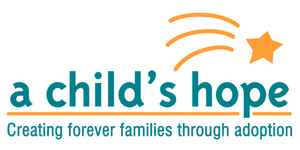
 Adoption creates families that defy cultural,
Adoption creates families that defy cultural,  Adoption Awareness Month is not only about celebrating adoption but also about making a tangible difference in the lives of children in need of loving homes. You can:
Adoption Awareness Month is not only about celebrating adoption but also about making a tangible difference in the lives of children in need of loving homes. You can:
 Childproofing your home is essential as your baby grows more mobile. Watch for broken toys, make sure the pieces are larger in size.
Childproofing your home is essential as your baby grows more mobile. Watch for broken toys, make sure the pieces are larger in size.  community for help if you have questions.
community for help if you have questions. 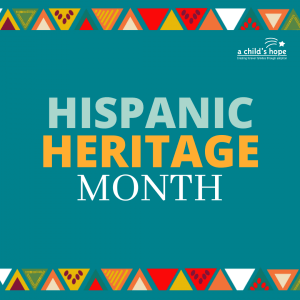 emala, Honduras, and Nicaragua. All declared independence in 1821.
emala, Honduras, and Nicaragua. All declared independence in 1821. Each February, National Black History Month serves as both a celebration and a powerful reminder that Black history is American history, Black culture is American culture, and Black stories are essential to the ongoing story of America — our faults, our struggles, our progress, and our aspirations.
Each February, National Black History Month serves as both a celebration and a powerful reminder that Black history is American history, Black culture is American culture, and Black stories are essential to the ongoing story of America — our faults, our struggles, our progress, and our aspirations. 

 National Pregnancy and Infant Loss Awareness Month has become a safe space for those grieving a loss and others trying to understand and comfort. This October, discover ways to communicate gently and sensitively to grieving parents and anyone suffering the loss of an infant. There are activities and community resources available and closer than you think.
National Pregnancy and Infant Loss Awareness Month has become a safe space for those grieving a loss and others trying to understand and comfort. This October, discover ways to communicate gently and sensitively to grieving parents and anyone suffering the loss of an infant. There are activities and community resources available and closer than you think.


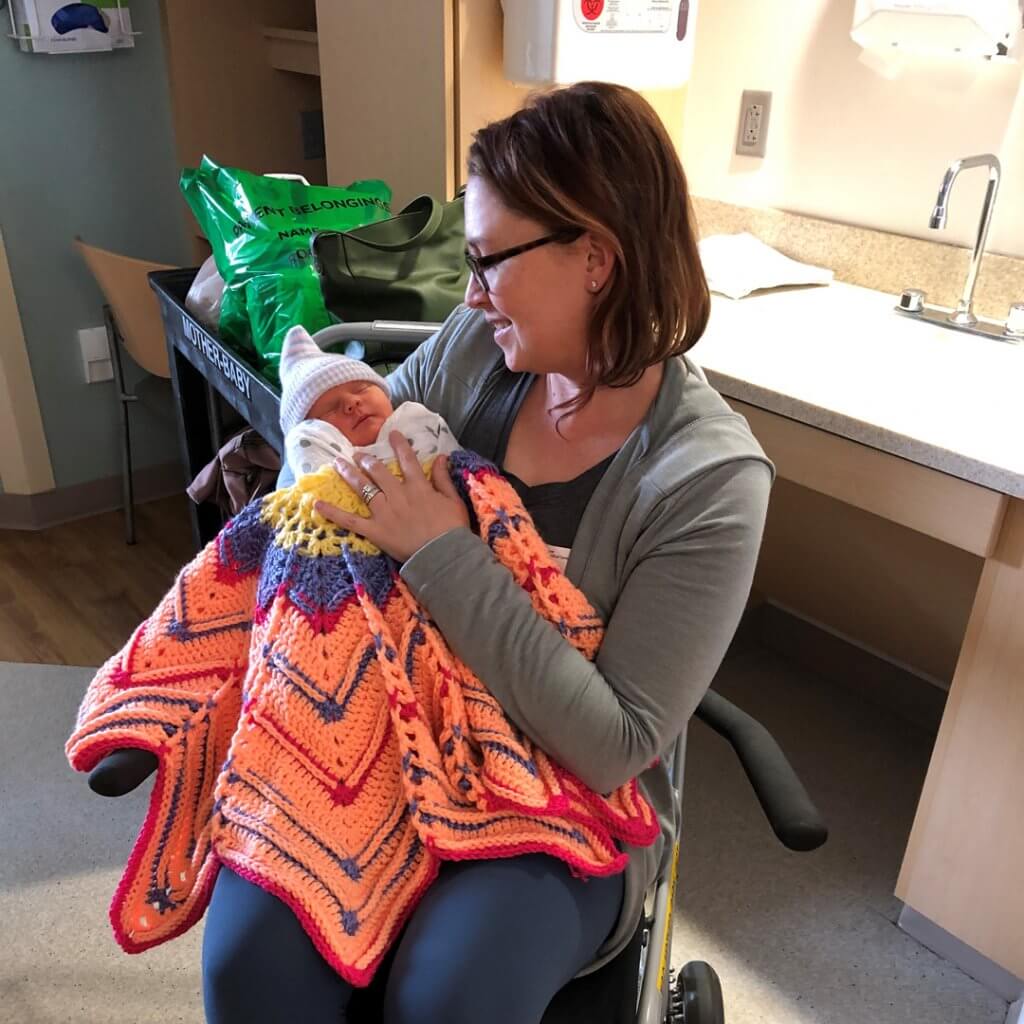
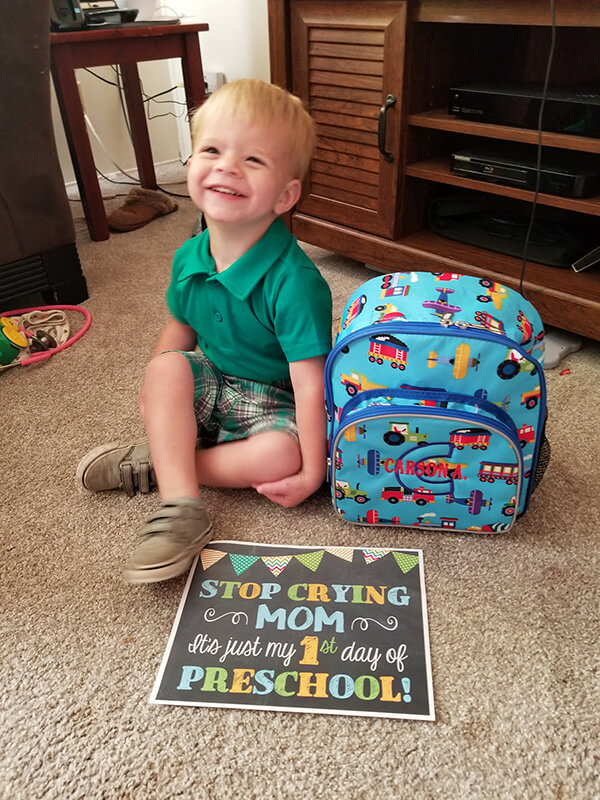 Just starting school or returning from summer break can be difficult. For many children who are adopted this can be compounded with an awkwardness about family relationships. In some cases, the difference is obvious, such as when a child and their parents are different ethnicities or the parents are of the same gender. While taxing at times, a visual difference can turn out to be a blessing in disguise. It often evokes questions or comments early when meeting people and allowing the issue to be addressed head-on.
Just starting school or returning from summer break can be difficult. For many children who are adopted this can be compounded with an awkwardness about family relationships. In some cases, the difference is obvious, such as when a child and their parents are different ethnicities or the parents are of the same gender. While taxing at times, a visual difference can turn out to be a blessing in disguise. It often evokes questions or comments early when meeting people and allowing the issue to be addressed head-on.